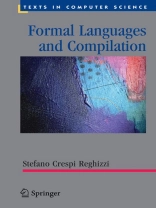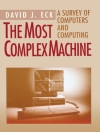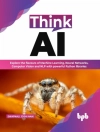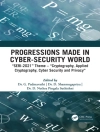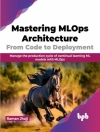State of books on compilers The book collects and condenses the experience of years of teaching compiler courses and doing research on formal language theory, on compiler and l- guage design, and to a lesser extent on natural language processing. In the turmoil of information technology developments, the subject of the book has kept the same fundamental principles over half a century, and its relevance for theory and practice is as important as in the early days. This state of a?airs of a topic, which is central to computer science and is based on consolidated principles, might lead us to believe that the acc- panying textbooks are by now consolidated, much as the classical books on mathematics. In fact this is rather not true: there exist ?ne books on the mathematical aspects of language and automata theory, but the best books on translators are sort of encyclopaedias of algorithms, design methods, and practical know-how used in compiler design. Indeed a compiler is a mic- cosm, featuring avarietyofaspectsrangingfromalgorithmicwisdomto CPU andmemoryexploitation.Asaconsequencethetextbookshavegrowninsize, and compete with respect to their coverage of the last developments on p- gramming languages, processor architectures and clever mappings from the former to the latter.
Inhaltsverzeichnis
Syntax.- Finite Automata as Regular Language Recognizers.- Pushdown Automata and Top-down Parsing.- Bottom-Up and General Parsing.- Translation Semantics and Static Analysis.
